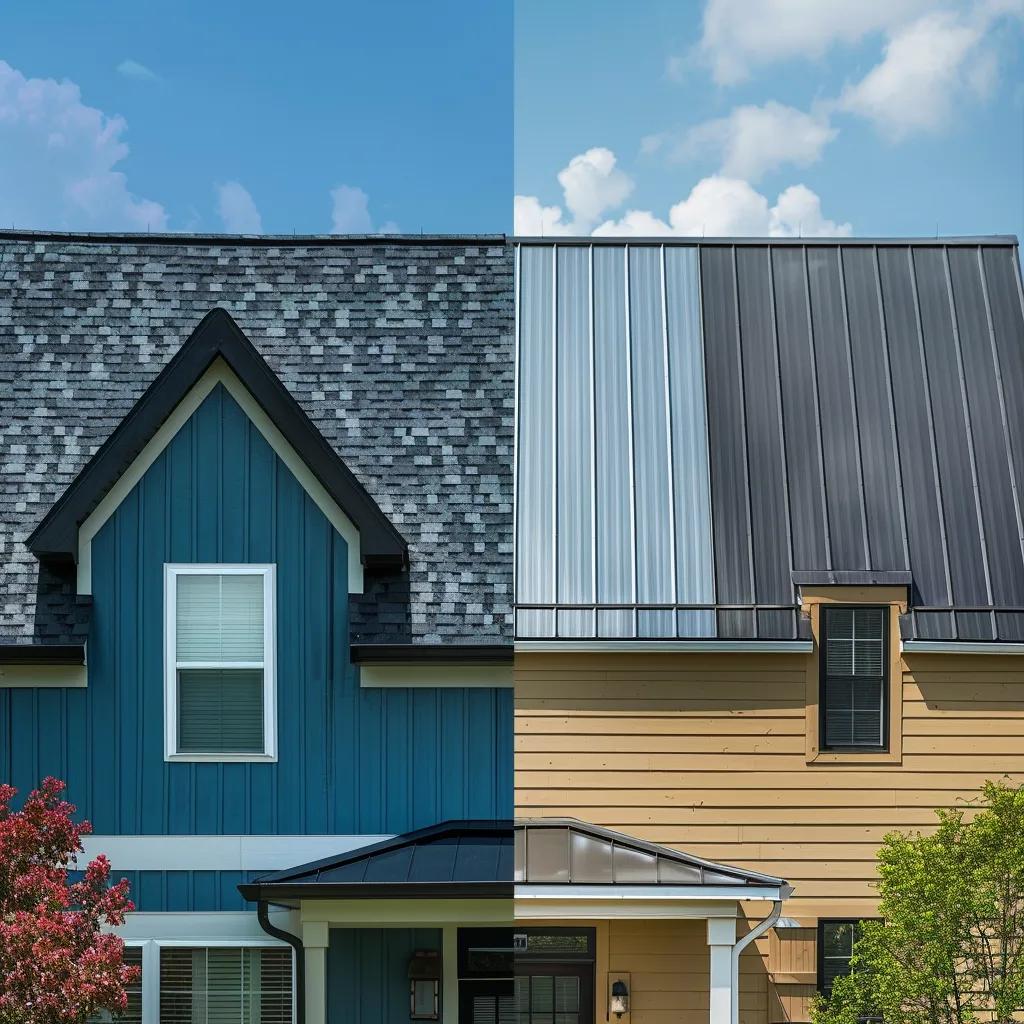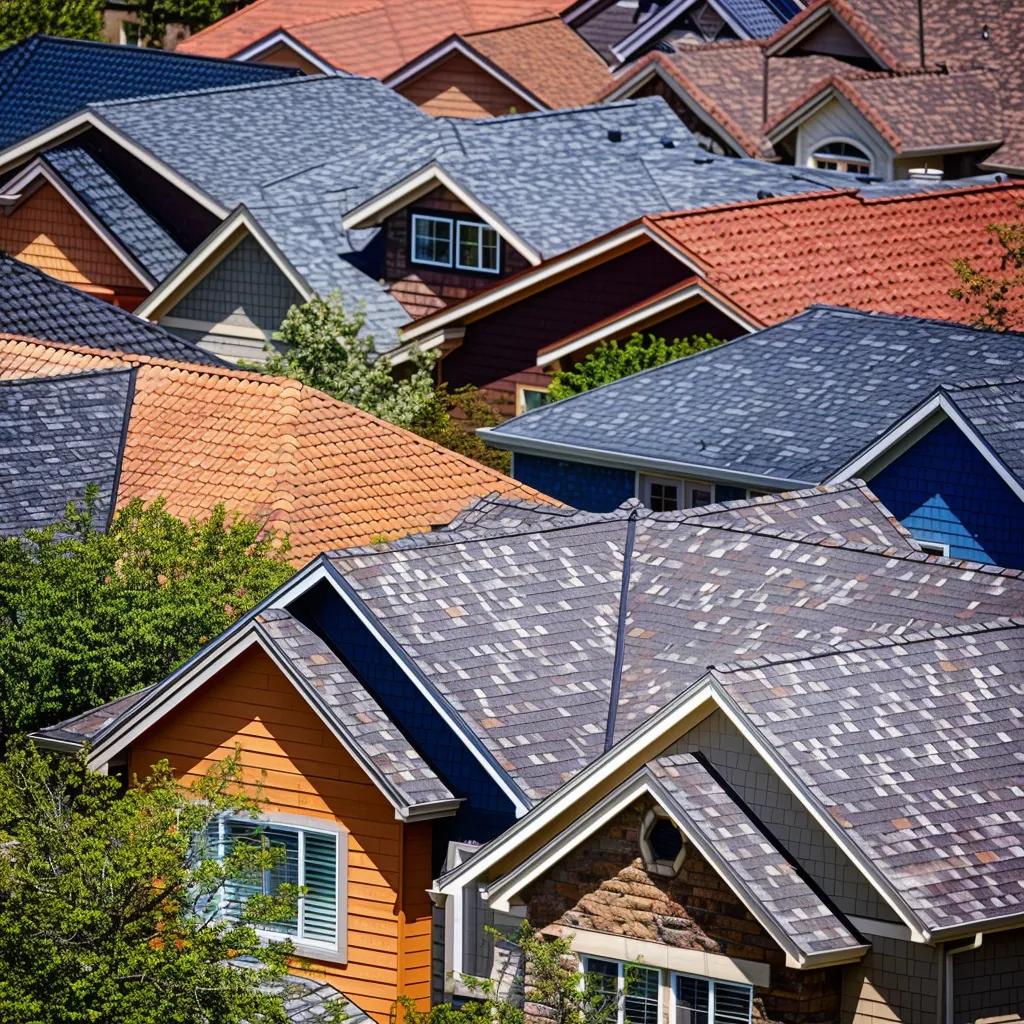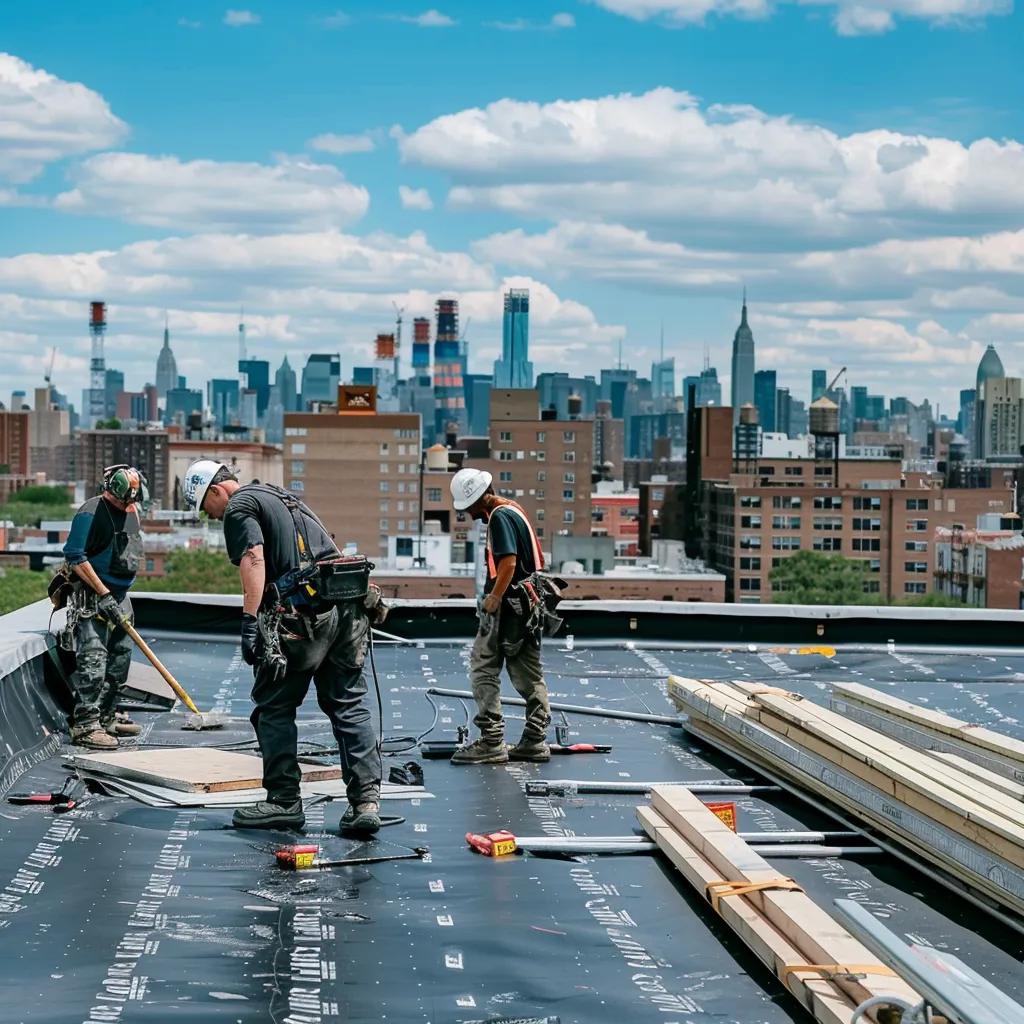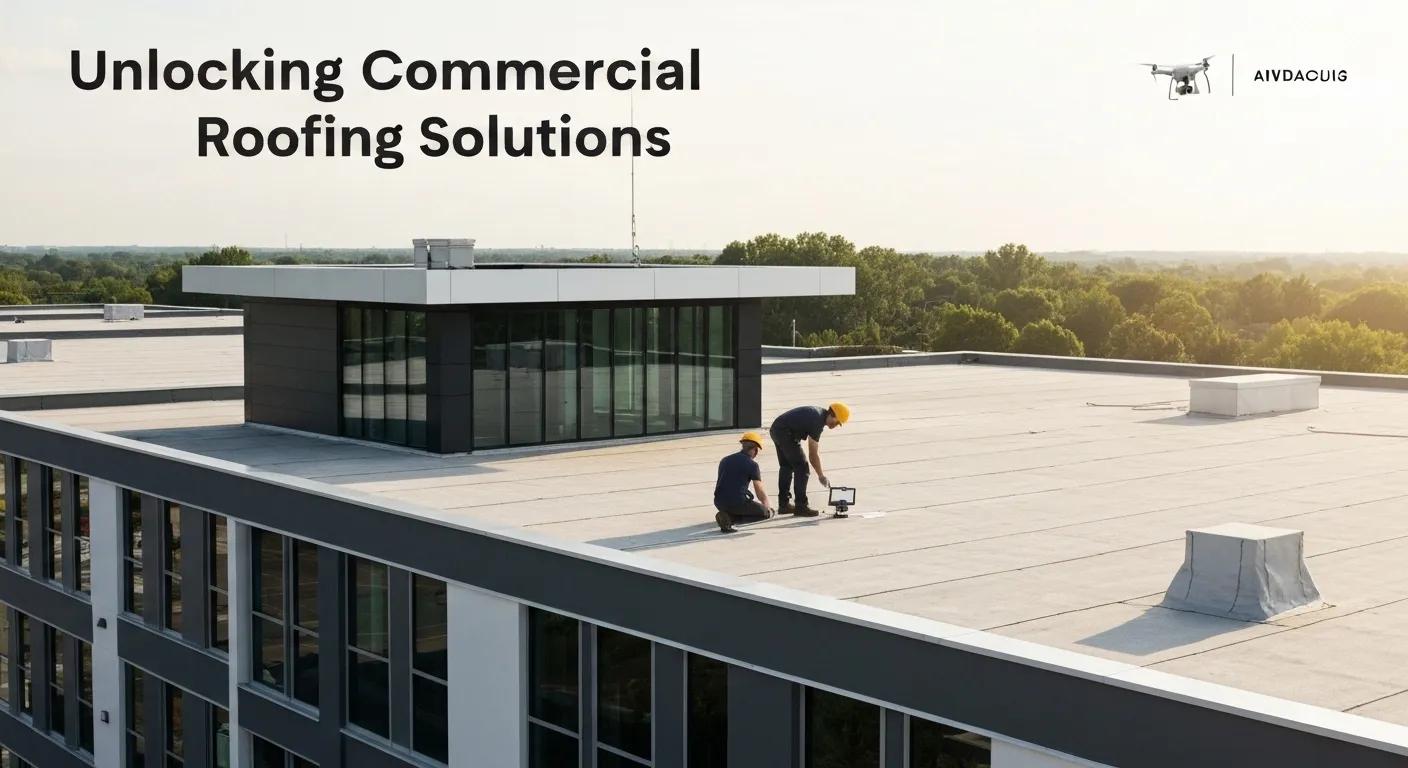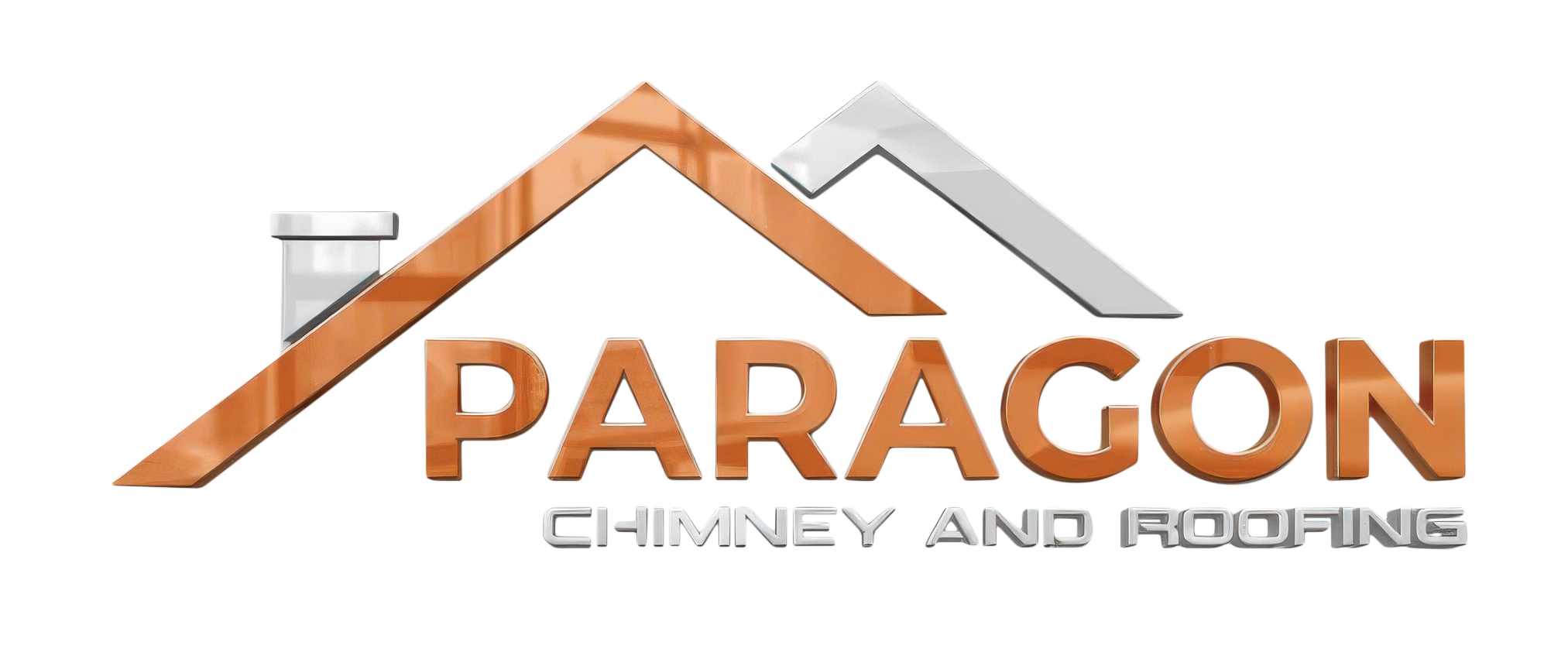Masonry vs Concrete: Learn the Key Differences for New York Construction Projects
Planning a construction project in New York and unsure which material to choose? This guide breaks down masonry vs concrete to help you decide which option offers better long-term value. With rising costs in materials and labor, understanding the differences between masonry and concrete ensures smarter, budget-conscious choices without sacrificing durability. This in-depth guide by Paragon Chimney and Roofing will explore thedifference between concrete and masonry, including installation, durability, aesthetic appeal, and environmental impact—so you can make the right call for your home or business.
What’s the Difference Between Masonry and Concrete?
The difference between concrete and masonry starts with their form and function:
- Masonry uses individual units like brick, stone, or concrete blocks, bonded with mortar.
- Concrete is a poured mixture of cement, aggregate, and water.
Masonry construction is known for its timeless beauty, fire resistance, and strength, while concrete can be molded for large-scale or custom-shaped forms. These materials are widely used in construction but serve different design and structural purposes.
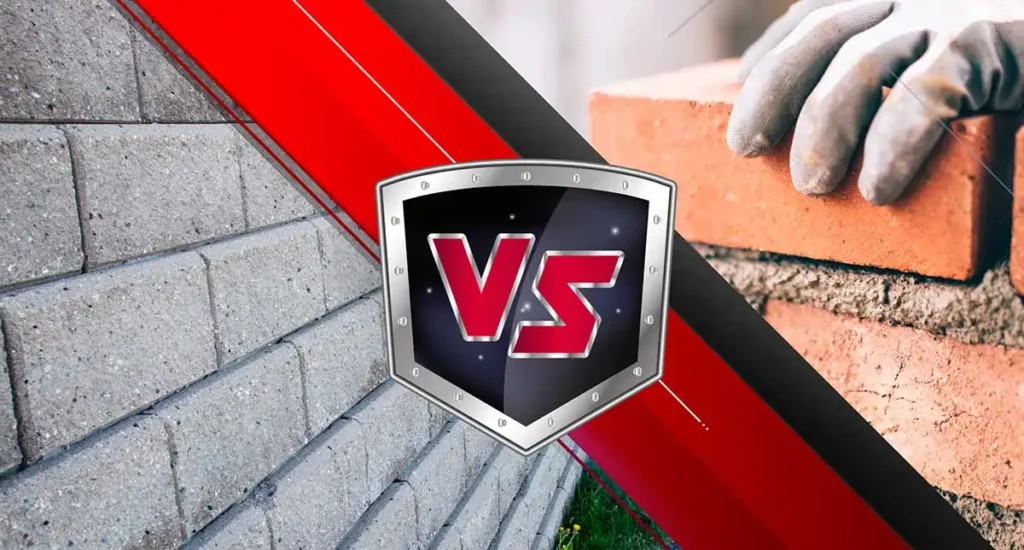
Which Building Material Is More Cost-Effective?
If you’re weighing masonry vs concrete based on budget alone:
- Concrete is cheaper upfront, especially for slabs, foundations, and driveways.
- Masonry work often involves more labor and craftsmanship, which raises initial costs.
However, when comparing construction material over time, masonry can reduce maintenance costs and offer higher resale value thanks to its aesthetic appeal and excellent durability.
Which Material Is More Durable in New York’s Climate?
New York’s freeze-thaw cycles put stress on building materials. Here’s how each holds up:
- Concrete is a composite material that can crack without reinforcement or sealant.
- Masonry, especially stone masonry or brick or stone, has natural resistance to moisture and temperature shifts.
For load-bearing structures or decorative facades, masonry offers more long-lasting performance.
What Are the Aesthetic Benefits of Masonry vs Concrete?
If curb appeal matters:
- Masonry delivers aesthetically pleasing structures with rich patterns and textures.
- Concrete in various forms can be poured and molded, stamped, or stained for visual interest.
Still, masonry wins for those who love the beauty of brick, natural stone, or intricate designs in visible areas like entryways and exterior walls.
What Types of Masonry and Concrete Are Available?
You’ll find many types of masonry and types of concrete for different construction projects:
- Brick masonry: durable and ideal for walls
- Block masonry: fast and cost-effective
- Precast concrete: factory-made for precision
- Reinforced concrete: strengthened with steel for heavy loads
Each building material serves a specific purpose depending on the structure.
Which Is Better for Driveways, Slabs, and Patios?
For flatwork like slabs and driveways:
- Concrete can be poured quickly and economically
- Masonry might be used for decorative edging or stone patios
In most cases, concrete is the versatile construction material of choice for flat surfaces.
What Are the Installation Differences Between the Two?
- Concrete requires less labor, but involves precise timing for poured concrete.
- Masonry takes longer because individual units are laid by hand together with mortar.
If time is a concern, concrete is faster, but masonry contractors can build highly customized structures.
Which Option Offers Better Fire Resistance?
Both materials are used in construction for their safety, but masonry offers:
- Natural fire resistance due to fired clay bricks and natural stone
- Higher thermal mass, which slows heat transfer
Concrete is also fire-resistant but may lose strength under extreme heat without reinforcement.
What Is the Environmental Impact of Each Material?
- Masonry using reclaimed brick or natural stone has a lower carbon footprint
- Concrete, while energy-intensive to produce, can be recycled
Green-conscious homeowners often lean toward masonry for sustainable construction industry practices.
What Should You Choose for Commercial Construction?
For commercial construction:
- Choose concrete for large-scale foundations and parking structures
- Opt for masonry when aesthetic appeal, detail, or custom facade design is needed
Combining both—concrete and masonry—can deliver structural strength and visual value.
Final Thoughts: Masonry vs Concrete for New York Homes
- Masonry offers timeless beauty, durability, and long-term value
- Concrete delivers speed, cost-efficiency, and adaptability
- Understanding the key differences helps you choose based on function and style
- For any construction projects, both have strong benefits depending on your goals
Whether you choose masonry, concrete, or a blend of both, Paragon Chimney and Roofing can help. We specialize in all masonry construction, facade upgrades, and driveway work across New York.
Need Help Deciding Between Masonry and Concrete?
At Paragon Chimney and Roofing, we’ve helped hundreds of New York homeowners choose the right building material for their project. Whether you’re looking to save upfront with concrete or invest long-term in masonry, our experienced team can guide you through every step—from cost estimates to flawless installation. Contact us today for a free on-site consultation and let’s build smart together with the best material for your budget. Learn more atParagon Chimney and Roofing.

